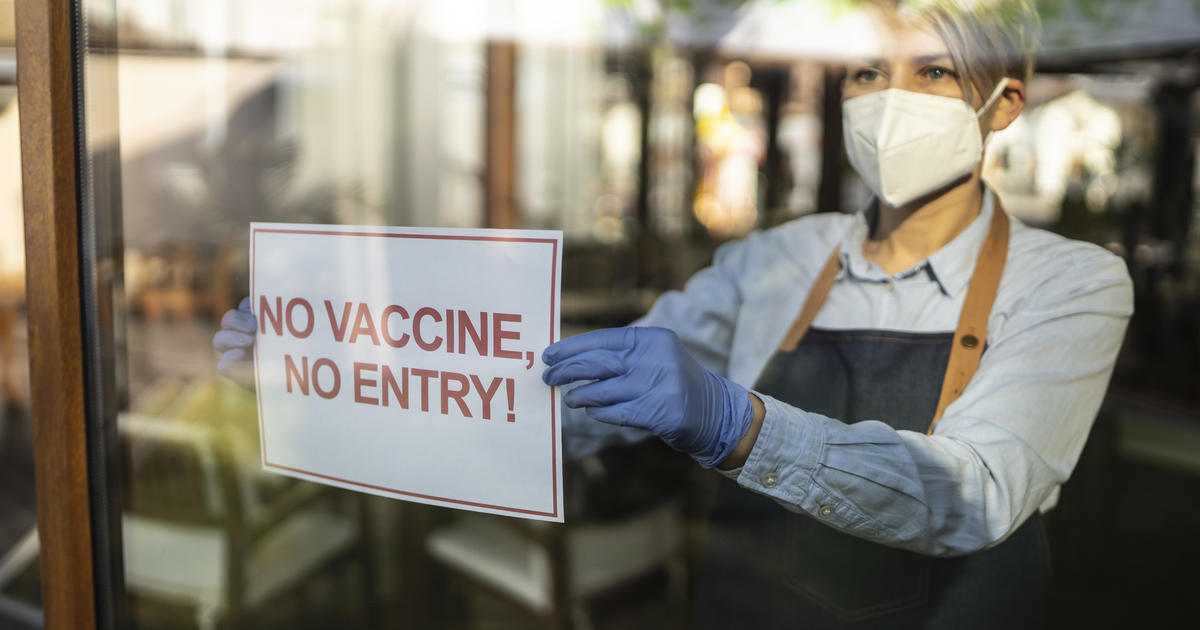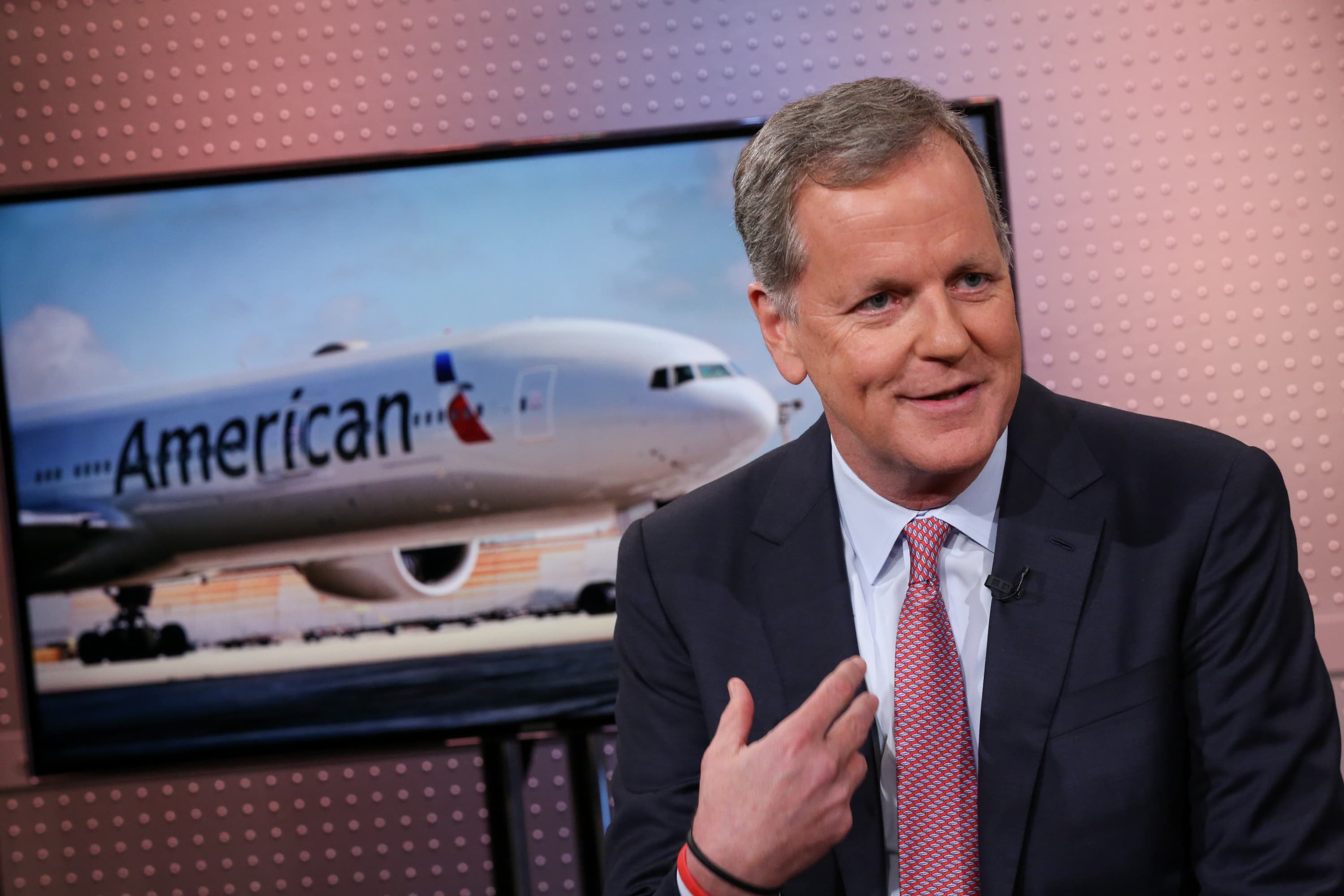
Employers are allowed to require the COVID-19 vaccine, and can also legally provide incentives, including cash, to workers who get jabbed, according to updated guidance from the Equal Employment Opportunity Commission.
Companies must still provide reasonable accommodation for employees who are exempt from mandatory immunization under the Americans with Disabilities Act and Title VII of the Civil Rights Act.
The commission also stated that employer incentives must not be "coercive," but stopped short of providing examples of illegal offers.
Some experts say there's enough legal gray area that a flurry of lawsuits could arise as companies start to bring their workers back to the physical workplace as the COVID-19 pandemic eases in the U.S.
"What is 'coercive' is unclear because, just as with anything else, one person's view of what is a coercive incentive is not the same as another person's," said Helen Rella, an employment attorney at New York-based law firm Wilk Auslander. "You might find an incentive of $100 coercive and another person might find an incentive of $10,000 coercive. That's where the door is left open [where] we don't have the detailed guidance we were hoping to receive."
The EEOC was due to update its guidance regarding the vaccine and other COVID-related matters.
"The updated technical assistance released today addresses frequently asked questions concerning vaccinations in the employment context," EEOC Chair Charlotte A. Burrows said in a statement. "The EEOC will continue to clarify and update our COVID-19 technical assistance to ensure that we are providing the public with clear, easy-to-understand and helpful information. We will continue to address the issues that were raised at the Commission's recent hearing on the civil rights impact of COVID-19."
Employers that offer on-site vaccinations must continue to keep employees' personal medical information obtained during pre-vaccination screenings confidential.
Typically, on-site programs are administered by a third-party medical provider or pharmacy to which one's medical information is disclosed, versus an employer.
"Because vaccinations require employees to answer pre-vaccination disability-related screening questions, a very large incentive could make employees feel pressured to disclose protected medical information," Rella said.
The Centers for Disease Control and Prevention's recent relaxation of its guidance around mask-wearing and states' repeals of mandates could also create friction between companies and their workers.
For example: A company develops a policy under which vaccinated employees may go mask-less but unvaccinated workers must continue to cover their faces. That puts employers in the position of policing the workplace and asking employees to divulge potentially confidential information.
"I am waiting for the floodgates to open on litigation in this area," Rella said.
Article From & Read More ( Companies can make employees take COVID-19 vaccine, EEOC says - CBS News )https://ift.tt/3gbgUcj
Business

No comments:
Post a Comment